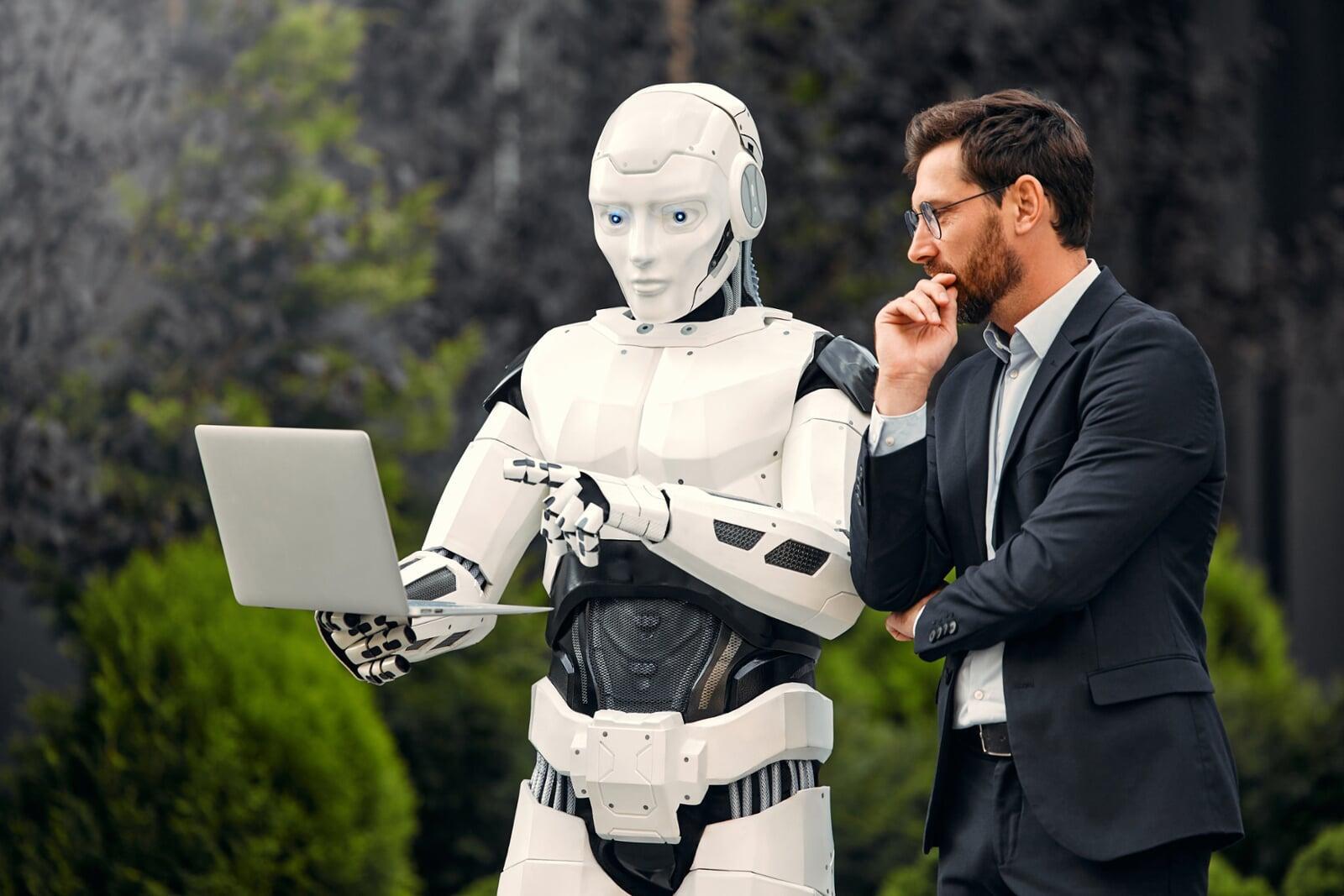
Artificial Intelligence (AI) is transforming the way businesses operate. While AI can streamline tasks and improve efficiency, it also presents challenges that businesses must navigate. In this article, we will explore how AI affects the workplace, its potential drawbacks, and best practices for using it safely and effectively.
AI, or Artificial Intelligence, refers to computer systems that can perform tasks traditionally requiring human intelligence. These systems can write, analyze data, and even generate creative content. Many businesses are leveraging AI to automate processes, improve decision-making, and enhance productivity.
However, AI is not perfect. It can produce errors, introduce biases, and raise security concerns. Businesses must approach AI adoption strategically to maximize its benefits while minimizing potential risks.
Where Can AI Go Wrong?
Incorrect Information
AI models rely on vast amounts of data, but they can still provide inaccurate or outdated information. This can lead to significant issues in decision-making, reporting, and customer communications.
Unexpected Errors
AI-generated content can sometimes include strange or illogical outputs. Whether in writing, image creation, or data analysis, these mistakes can cause confusion and inefficiency in the workplace.
Can AI Be Biased?
Yes, AI can inherit biases from the data it is trained on. If AI systems are fed biased data, they may produce unfair or discriminatory outcomes. This is a major concern in hiring, lending, law enforcement, and other areas where impartiality is essential.
Businesses must regularly evaluate AI models to ensure they promote fairness and avoid unintended bias in decision-making.
How Does AI Affect Jobs?
Job Displacement
One of the biggest concerns surrounding AI is job loss. As AI becomes more advanced, it can automate certain roles, reducing the need for human workers in specific industries. This can lead to workforce reductions, particularly in repetitive and data-driven tasks.
Need for New Skills
While AI may replace some jobs, it also creates new opportunities. Workers must adapt by learning new skills, such as AI management and data analysis, to remain competitive in the evolving job market. Companies that invest in employee training can help bridge the skills gap and prepare their workforce for AI-driven changes.
Is AI Always Reliable?
No, AI is not foolproof. It can malfunction, produce errors, or even shut down entirely. Businesses that rely too heavily on AI without human oversight may face operational disruptions when AI systems fail.
How Does AI Impact Teamwork?
AI can change the way teams collaborate. While it automates certain tasks, it may also reduce human interaction. Some employees may rely on AI for individual work rather than collaborating with colleagues, potentially decreasing teamwork and creativity.
Privacy Concerns with AI
AI depends on large amounts of data, raising privacy and security concerns. Employees and customers may worry about AI accessing personal information or tracking workplace behavior. Businesses must implement strong data protection policies to ensure AI is used responsibly and ethically.
Legal Considerations for AI Use
AI introduces legal challenges, particularly regarding intellectual property and accountability. Companies must determine ownership of AI-generated work and ensure compliance with data privacy regulations. Businesses should stay informed about AI-related laws to avoid legal complications.
How to Use AI Safely at Work
To integrate AI effectively and responsibly, businesses should:
- Verify AI outputs – Always review AI-generated content for accuracy.
- Maintain human oversight – Keep humans involved in major decisions.
- Train employees – Educate staff on AI tools and best practices.
- Establish clear AI policies – Define how AI should be used in the workplace.
- Stay informed on AI regulations – Monitor legal developments related to AI.
Implementing AI in Your Business
AI can be a powerful tool for businesses, but it requires careful implementation. At Cascade IT Services, we help businesses in Bend, Central Oregon navigate AI adoption with a focus on security, efficiency, and compliance.
If you have questions about integrating AI into your workplace, contact Cascade IT Services today for expert guidance.
Disclaimer: This article is for informational purposes only and does not constitute legal, financial, or professional advice. Businesses should consult industry experts before making decisions based on AI technology.

